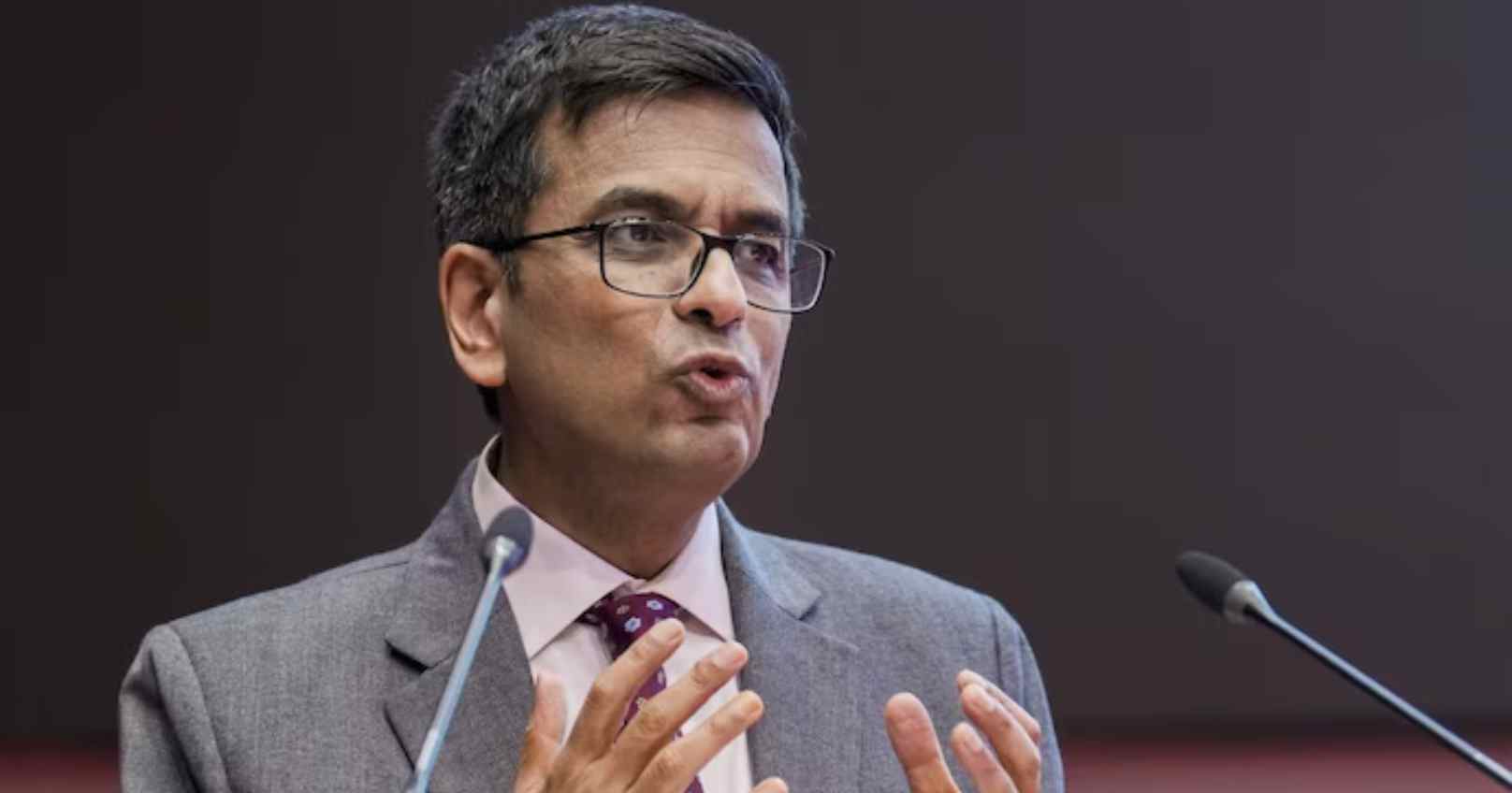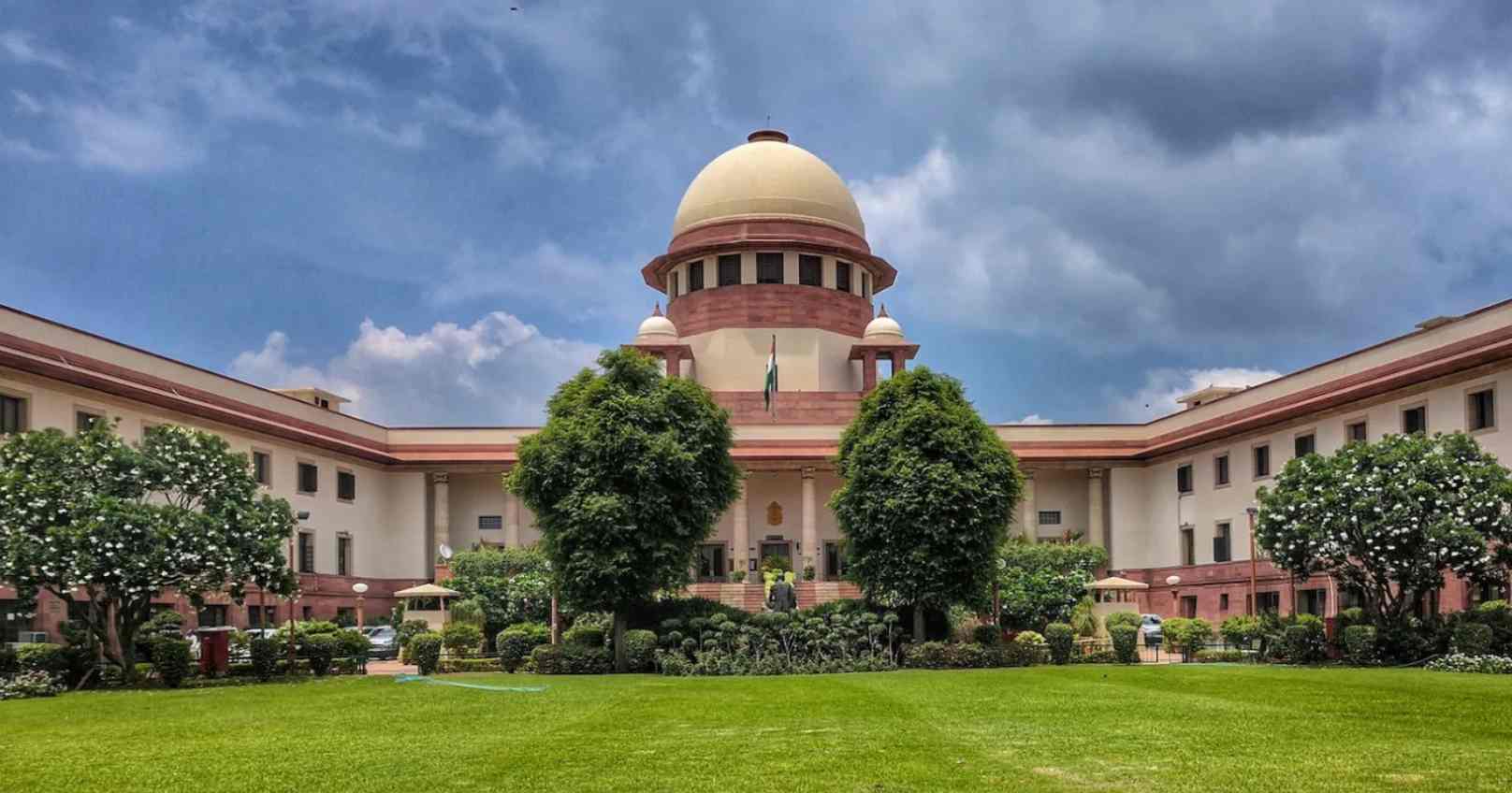In his final judgment before stepping down as Chief Justice of India, Justice DY Chandrachud firmly stated that citizens' voices cannot be stifled by threats of property destruction, denouncing the practice of 'bulldozer justice' as contrary to the rule of law.
The Chief Justice highlighted the importance of safeguarding a citizen's right to security in their home, stressing that the state must ensure procedural safeguards and uphold due process before acting against alleged illegal encroachments or unauthorized constructions.
"Justice delivered by bulldozers has no place in any civilized legal system. There is a serious risk that if such unchecked and unlawful actions are tolerated by any arm or official of the state, demolitions of citizens' properties may be used selectively as a form of retaliation for unrelated reasons," Justice Chandrachud noted in his ruling on a case involving the demolition of a home in Maharajganj, Uttar Pradesh, dating back to 2019.
The court underscored that "the voices of citizens should not be silenced with threats of demolishing their homes and properties." Justice Chandrachud added, "The ultimate security a person has is to their home and residence."
The Supreme Court has been handling numerous cases on the use of bulldozers to tear down properties linked to individuals accused of criminal offenses, a practice that has sparked debate and criticism, particularly from opposition groups.
Condemning 'bulldozer justice' as "absolutely unacceptable," the Chief Justice called for disciplinary action against officials involved in such practices. The November 6 decision, later uploaded to the court's website, aimed to establish minimum procedural standards to be met before taking action against citizens' properties.
"The state is required to adhere to due legal procedures before acting to remove unlawful encroachments or illegally constructed structures. Bulldozer justice has no place under the rule of law. Permitting it would reduce the constitutional right to property under Article 300A to a mere formality," Justice Chandrachud asserted.
He further added that state officials who participate in or approve such unlawful actions must face disciplinary measures and criminal penalties where appropriate. "Public officials should be held accountable, and any action on public or private property must comply with due legal process," he said.
The case in question before the Supreme Court involves the alleged unlawful demolition of journalist Manoj Tibrewal Akash's ancestral home in 2019, reportedly carried out without notice or fair compensation.
Justice Chandrachud will retire on November 10, concluding a respected tenure at the Supreme Court after being appointed as the 50th Chief Justice of India in November 2022.







